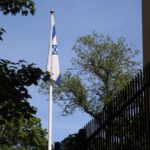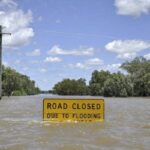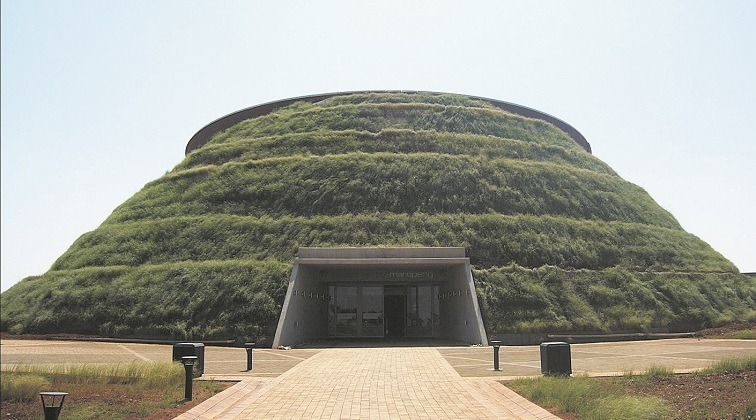-
Cradle of Humankind
Pollution in the rivers flowing through the Cradle of Humankind northwest of Johannesburg poses significant environmental, economic, and social challenges.
As a UNESCO World Heritage Site, the Cradle of Humankind is home to rich biodiversity and an invaluable archaeological heritage.
The health of its waterways is crucial for both conservation efforts and the well-being of communities.
Treated water from the Percy Stewart Wastewater Treatment Plant is released into nearby rivers or streams.
However, untreated or partially treated sewage has also been flowing from the plant into the Blougatspruit, which flows into the Bloubankspruit.
“The sewage works is supposed to treat the water, get rid of all the bacteria and pathogens that are in the water and then re-release our water, although not necessarily drinking water quality, but it must meet the water use licence specifications as issued by the department of water and sanitation. Currently, this plant is dysfunctional. It’s actually been giving problems since 2008. Currently, there is quite a lot of activity underway at the works itself to try and get the works fully operational again,” says Trevor Brough, Director of the Cradle of Humankind World Heritage Site Association.
Cattle graze on luscious green lawns not far from the treatment plant, but don’t drink the water.
Munsieville has had longstanding issues with raw sewage spilling onto the streets.
A pump station has been installed, but it’s starting to clog up.
“We see sewage exploding several times. They fix it, and it explodes again. This place smells, and they are trying to fix it, but it still smells. Even when you cook, we don’t even know if the food tastes nice because it smells,” laments one Munsieville resident.
Another adds, “We always see faeces here, and we are even used to flies.”
Contaminated rivers pose significant health risks, with the communities relying on these water sources for drinking, bathing, and irrigation particularly vulnerable to waterborne diseases such as cholera and dysentery.
Brough has raised concerns about the health implications of toxic waste.
“The water that comes in effectively carries all of the diseases that the residents of Krugersdorp have; it also carries traces of all the medication and byproducts of their medicines that the people included are using,” says Brough.
Polluted water can lead to the decline of aquatic species, disrupting the food chain and harming local biodiversity. Sensitive species may be particularly affected, leading to collapses in local ecosystems.
Dirty rivers can detract from the natural beauty of the area, negatively impacting tourism at the Cradle of Humankind, which relies on eco-tourism and cultural heritage.
Some businesses are already counting their losses.
“Fisher that used to come the day before a long weekend, we would usually have about 20 to 40 people already fishing, but now, as you can see from behind me, there aren’t so many people walking around in amongst it because we just don’t have a business anymore. It’s collapsed to probably 10% of our normal turnover,” says Brookwood Trout from the fishing farm.
The Mogale City local municipality says it has rolled out a programme to refurbish all non-operational pump stations. Priority was given to the problematic Munsieville, Magaliesburg Ga-Mohale, Brickvale, and Pinehaven Pump Stations.
The municipality says although repair work was delayed by the need for imported equipment, five pump stations have been successfully refurbished and are now fully operational, at a total cost of R11 million.











